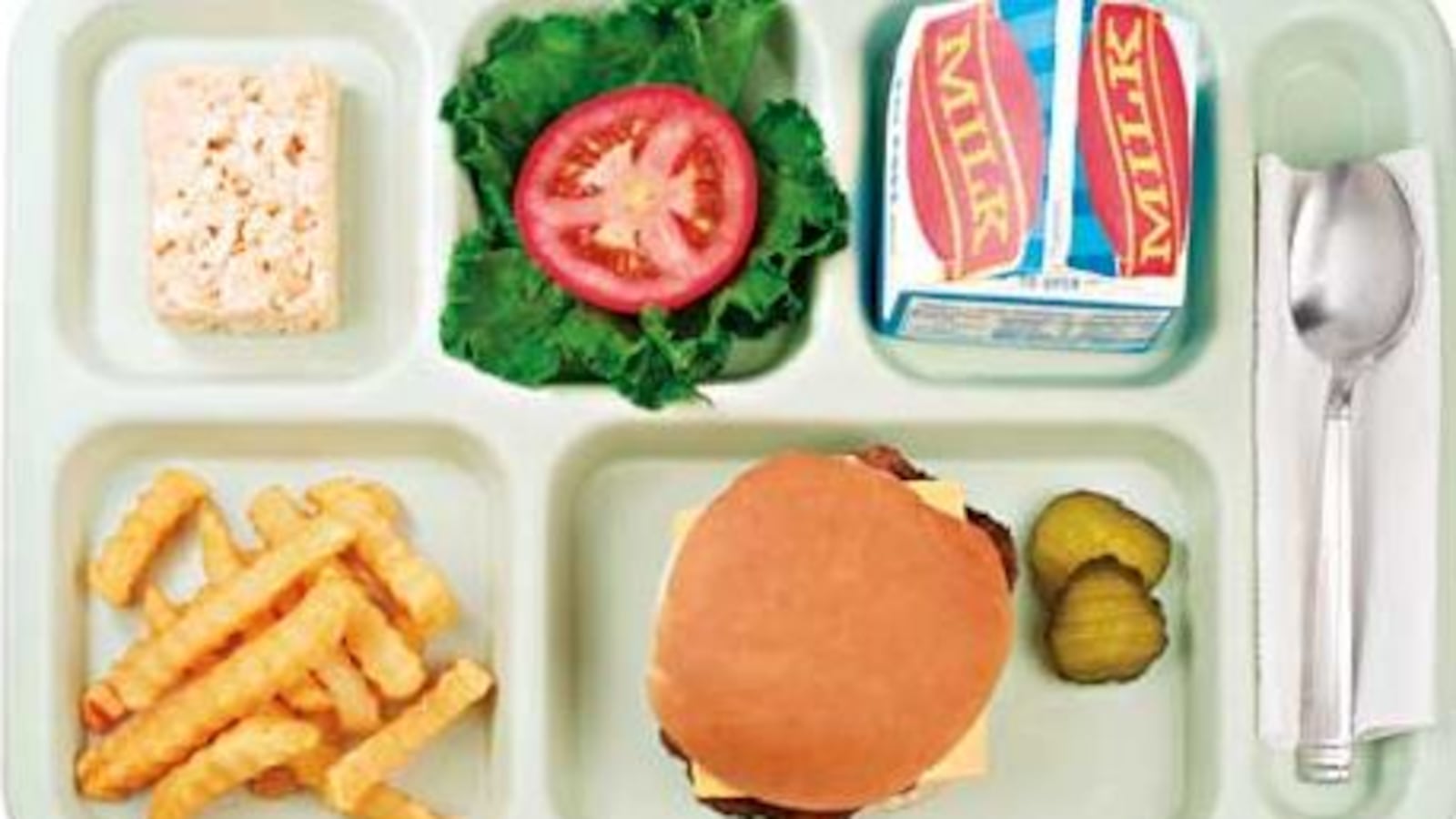The federal government recognizes that students need proper nutrition to learn. But when we dig into the numbers, the National School Lunch Program also acknowledges that the minimum wage is not a sufficient wage with which to feed a child.
Why should teachers care about the eligibility requirements for the National School Lunch Program and the minimum wage? Because it matters to our students. The minimum wage is a learning issue because it is arguably not a living wage. Half of our students are living in environments with food insecurity. Our school lunch program provides some meals to hungry students, but only on school days. It is not enough to ameliorate the effects of food insecurity on our students’ learning.
I am proud to work at a school that is proactive in addressing food insecurity as an academic issue. As a part of our school’s fight against hunger, a grant program has made it possible to provide our students with a real fruit snack each day. Our students come to count on this. “Miss, is it time for the nectarines?” is music to my ears.
Additionally, our school participates in a program called Totes of Hope. Each week volunteers pick up canned food from the Food Bank of the Rockies and pack tote bags full of food to send home to fifty families who have expressed a need for food. These steps help bridge the gap for students.
Even with all these procedures in place, I still have students who have immediate food needs. I have a simple solution to address this: a food drawer.
In my first year, I publicly passed out granola bars when children complained of rumbling tummies or fatigue. That was until one student, Jimmi, threw it back at me and said, “I don’t need this, leave me alone.” I realized that he was indeed hungry, but by placing a granola bar on his desk, I had effectively announced to the class that he did not have enough food at home. This is another example of my good intentions missing the mark of meeting a student’s needs. Not having access to food is never a child’s fault, but it does cause real feelings of embarrassment and shame. Jimmi taught me that if I wanted to address issues of hunger in my classroom, I needed to take a different approach.
I started a food drawer. I keep it stocked with snacks I buy myself or friends and family donate. I let my students know they can take what they need, no questions asked. My students are stealthy about it and grab food without my even noticing. This allows students to eat in class or even to sneak into the bathroom and eat secretly. Sometimes they eat a granola bar at recess and say they brought it from home; other times they take graham crackers home in their backpacks.
There are many iterations of the food drawer. Some programs, such as Feeding America’s Food Pantry Program, complement their free and reduced-price meal programs with convenient food pantries located on-site at schools. I know one high school principal who hosted what he called the Peanut Butter Club that consisted of a few loaves of bread and jars of peanut butter and jelly that students could help themselves to when they needed it.
There are millions of teachers who have stepped in and fed hungry students, a fact that makes me proud of my profession. We truly are first responders. Many teachers ensure that food is available for their students when they need it, because a hungry student is not a student who can learn at his or her best.
While we are doing all this hard work, we need to ensure that the reality we see is not hidden by the walls of our classrooms. Our governments, our school districts, and the public need to know what it is really like to be a student living in poverty, so they can enact policies and deliver services that support our students. This is not something over and above the scope of our duty as educators. It is our duty.
Adapted excerpt from “I Wish My Teacher Knew: How One Question Can Change Everything for Our Kids” by Kyle Schwartz. Copyright © 2016. Available from Da Capo Press, an imprint of Perseus Books, LLC, a subsidiary of Hachette Book Group, Inc.
About our First Person series:
First Person is where Chalkbeat features personal essays by educators, students, parents, and others trying to improve public education. Read our submission guidelines here.


